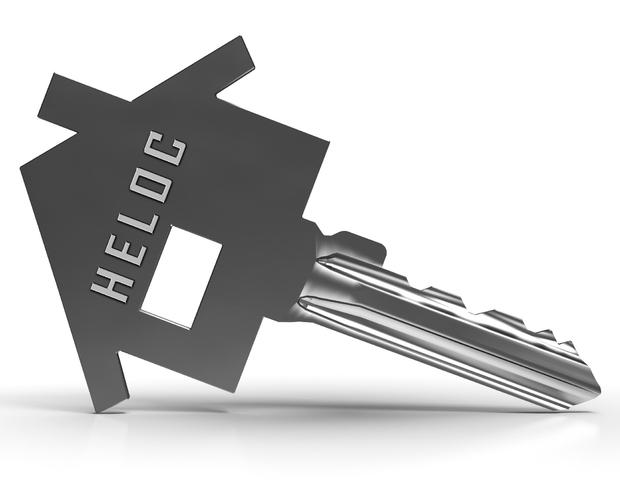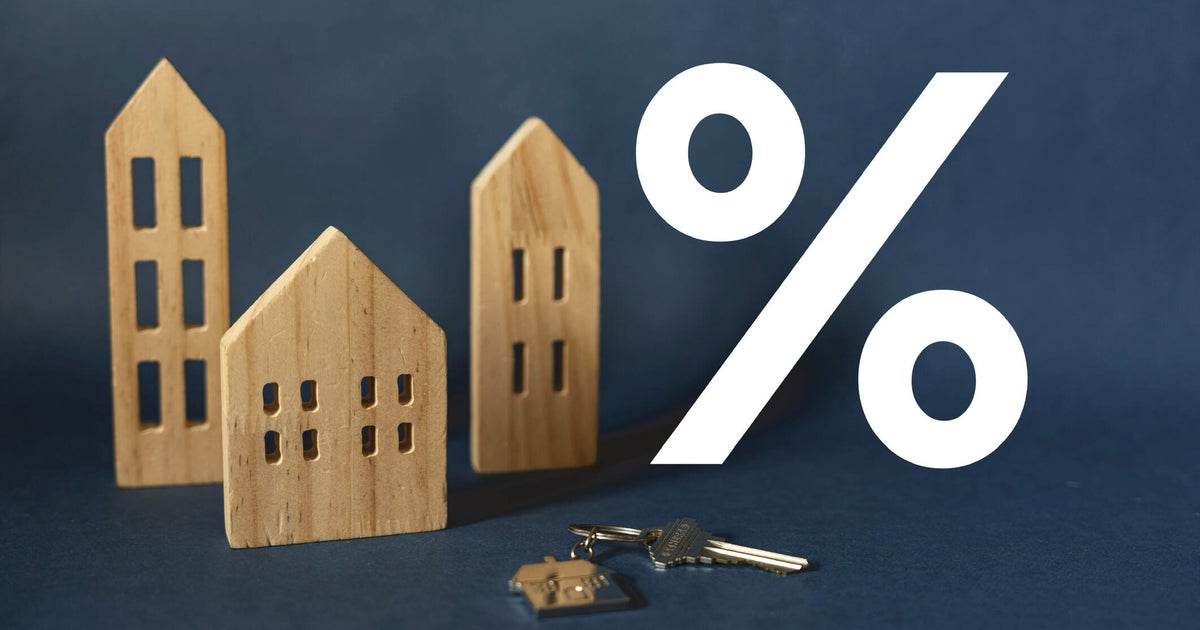What the Fed rate cut means for HELOC interest rates
Interest rates are heading down again, according to the Federal Reserve. On Thursday, the Fed issued another cut to its federal funds rate, the second in the last three months. Now at a range between 4.50% and 4.75%, the rate is down 75 basis points from where it was in early September and it could fall further again when the Fed meets for the final time in 2024 on December 17.
While these cuts will reduce what savers can earn with high-yield savings and certificates of deposit accounts (CDs), they will help borrowers who have been contending with higher rates on a variety of loan products. For those who are considering accessing their home equity now, or for those who already have a home equity line of credit (HELOC), this can be particularly advantageous. So what does the new Fed rate cut mean for HELOC interest rates? That's what we'll break down below.
See how low of a HELOC interest rate you'd qualify for here.
What the Fed rate cut means for HELOC interest rates
In short: The latest Fed rate cut is good news for HELOC interest rates and for those borrowers who have already decided to access their home equity with the line of credit. That's because HELOC rates tend to follow the Fed more closely than other products. Mortgage rates, for example, influenced by factors like the 10-year Treasury yield, have not dropped as significantly as home equity loan rates have in recent months. But home equity rates more closely match the path that the federal funds rate takes, so if that's declining HELOC rates will, too.
This can be seen clearly because HELOC rates change daily and are variable, meaning that the HELOC rate you saw listed on lender websites early this week is likely lower now and could be even lower next week. With an additional cut in December pegged at an almost 65% likelihood by the CME Group's FedWatch tool, rates on HELOCs could fall further still. And if that likelihood increases based on additional economic considerations, lenders may start pricing in that reduction in advance of it being formally issued.
This is all positive news for both those who have yet to apply for a HELOC and for those who already have one. Since HELOC rates change monthly, current borrowers will likely see reductions in their upcoming payments and, unlike home equity loans, they won't need to refinance to secure the lower, prevailing rate as HELOCs adjust independently with no action required on behalf of the borrower. For all of these reasons, then, and with the average amount of home equity particularly high currently, right now is a great time to open a HELOC.
What about home equity loan rates?
Home equity loan rates will also fall with this latest Fed cut, but it's unlikely to be by the same increment the federal funds rate was cut by. Still, home equity loan rates are slightly lower than HELOCs now (8.41% versus the HELOC's average of 8.70%). And home equity loan rates are fixed, meaning borrowers who take out a loan now won't have to worry about any future rate volatility. At the same time, they won't be able to capitalize on any additional rate cuts that are issued, either. So borrowers will need to weigh the risks of waiting versus the low rate they can lock in now to determine which is the best option for their unique financial situation.
The bottom line
A Fed rate cut, even in a small amount, is good news for all types of borrowers, but particularly for those who have or are considering a HELOC. Still, it's critical to remember that rates on home equity products are lower than most alternatives because the home in question serves as collateral – and you could lose it if you don't repay all that you've withdrawn. So go into the home equity borrowing situation clear-eyed and focused to avoid overborrowing from one of your most critical assets.
Have more HELOC questions? Learn more here now.




